One of the hardest things to do as an entrepreneur is to restart after a failed venture. I’m going to let you in on a little secret that I haven’t told many people.
10 years ago, when I first launched my first startup venture, Sancom (short for Sandile Companies), it didn’t go as well as I’d hoped.
I worked for several months building a website design software for schools and small businesses. I was working on an alpha version for several weeks; then, I started to connect with potential customers and show them what I had done in order to get feedback (and hoping to turn some of them into tangible customers).
I was excited to start showing my "baby" to the real world. But no magic happened...
While I received a lot of positive feedback from the people who did join and actually went through to try creating a website through my software – many were not really that interested in what I had built.
After a few more weeks it started to become clear that I was working on something that people didn't want or maybe they didn't know that they want at all. According to me, my product was solving a problem, but not according to my prospective clients.
It was my first information and software product, and was released long before I’d ever even considered using the word “entrepreneur” to describe myself in any way, shape or form.
I made a lot of mistakes with that first product. Some of the biggest ones being:
Solving a problem people didn’t know they had. Most people don’t say “man, if only I could get a website for my business, then it would be easier to keep my customer updated, they could see how our business can create value for them and I could do whatever I wanted in life!” Even if that was the root of their inaction, I shouldn’t be the one trying to show them that – at least not by getting them to buy a product.
The content wasn’t clear – While the of the software was pretty self explanatory, most people didn’t really understand exactly what they were getting.
There was no pre-launch warming my clients up to the idea of joining – I was still writing the sales page the night before the launch. There was no lead up or anything to build interest and excitement.
So while it was (and is) a good program, the marketing around it was terrible, and ultimately led to the product being a bit of a failure during it’s first year.
I came to the conclusion that all these months spent working on my product had been:
- a waste of time
- a waste of money, and;
- a waste of energy.
I must admit that it was a serious blow to my pride. Some really uncomfortable moments right there.
Picking Yourself Back Up
It can be pretty demoralizing when something you spent months working on and had such high expectations for, didn’t quite get where you wanted it to be.
However, it’s how you move forward and recover from that, that really matters.
Every single entrepreneur has failures and setbacks – that’s how you learn what works and what doesn’t.
We’re going to use my failure with Sancom and subsequent success with Startup Mzansi to look at exactly how to restart after a big failure, or just as importantly, a false start.
Since the day of my failure I have read hundreds of articles and books about entrepreneurship; have connected with startup leaders from all over the world, been to dozens conferences around the world (and spoke at a ton others)... I even took courses at UCT, UJ, Unisa, GSB and GIBS (and took numerous online courses offered by the Ivy League colleges in the US)... I did this all in order to understand how to build successful businesses.
I have since been exposed to a certain way of critical thinking, a new methodology which generates much more success. It increases your chances of succeeding. Today, I use it to build all my products and services (I even used it to build my recent product the StartupApp - Africa's one-stop shop for startups):
***Selling product. Then building it.***
Setting such a strategy looks counter-intuitive. Is it impossible to set it up for your startup business though? Think about how crowdfunding campaigns work. Entrepreneurs on platforms like Kickstarter or Thundafund ask for money before building their product. The day they start creating their product, they know that they already have a market for it. I can share more about this if you are interested.
It can be really easy to get super-excited and climaxed about the prospects of building a new entrepreneurial venture, only to have it go nowhere. If you’re going to reach your goal and have that business that allows you to do what you want, when you want, this post is going to be really important.
Assess your situation
When you’re trying to bounce back from a failure, you need to be brutally honest with yourself. No more sugar coating things to make yourself feel better – you need to be willing to drill down and rip your process apart in order to get to the root of the issue. You should never blame anyone else to cover up your failure - no it's not uBaba kaDuduzane or because you don't have land that made you to fail.
Here are the questions I ask myself every time I’m trying to regroup and learn form a past flop:
Was the messaging clear?
Did I sell the features or the benefits?
Was there a need?
Was I creating this product or service for me or for my customers?
If something didn’t even get off the ground, was it because it was a bad idea or because of my own flaws?
What was the conversion rate? Where did people drop off in the process?
Were there competing products or services? Was my price too high? Too low in relation?
Have I talked to potential users and asked why they did or did not buy it?
Did I leverage testimonials or consult with customers during the creating of the product/service?
Answer these questions, and develop some tangible takeaways and things you could have done differently.
For instance, if the messaging wasn’t clear, decide what would have made it clearer, and be cognizant of this when working on your new project.
Review exactly what worked (and what didn’t) in previous ventures
When I was early in the planning stages for Startup Mzansi, this is exactly what I did. I assessed everything about the Sancom launch and really focused first on the things I found to be the biggest issues.
In this case those were:
Make the messaging much more clear. People should know exactly what this product is and what they’re going to get. “Build an online business that you can run from anywhere in the world.” That’s clear.
Get people excited about the product way before I release it. I just kind of threw up the sales page for Sancom. With Startup Mzansi I had a 2 and a half month launch process that resulted with me selling out every spot for our training program in 48 minutes when I finally launched.
Ensure that I’m solving a tangible problem people know they have. I talked to dozens of people and reviewed hundreds of comments to make sure that people were looking for solutions that allowed them to build this type of business. Not only did my research shape this product, but it completely shaped the foundation of the Startup Mzansi brand.
It’s important to remember that this assessment works regardless of whether it was a specific product/service that failed, or an entire business venture.
Maybe you tried to build an SEO writing business and things just never panned out for you. These same questions are all still relevant, and can make the difference between success and failure if you try and fire it up again.
Set realistic and measurable goals
Ok, so now you should have a pretty good idea of what went wrong with your last project. But how do you ensure you get and stay on the right track when you restart?
You need to know what success looks like.
The problem with most goal setting is that people say things like “I want to be making R50k/month within a year.”
That’s a perfectly respectable goal, but there are two problems with it:
While tangible, you can’t directly control your income. Goals that will lead to making the money will keep you from getting frustrated if you don’t get there. "Cold call 50 new clients this week" is a better goal.
Without many smaller goals, you’ll never feel like you’re making progress.
Let’s talk about that second one a little bit more.
Starting a business is freaking hard (well, we trying to make it easier with StartupApp). If all you have are big lofty, long term goals you’ll never notice the incremental successes, and all of the little things that lead to long term success.
Outline the process you’re going to have to take to be successful, and set small goals all along the way:
- Buy a domain name
- Get your first comment or inquiry from your website
- Make your first R1
Goals like that will remind you to celebrate the little wins, and will get you excited during every step, as opposed to making you feel like you’re stuck in the mud and not making any progress.
Make sure you’re offering something that others want (and know they want)
We mentioned this in the review sections above, but I want to take a minute and really highlight this concept, because in the end it’s probably the most important thing to keep in mind when starting a business.
If you can assess what people’s problems are, and offer them they solution they’re looking for – then you’ll never have trouble making money.
Before sinking days, weeks, and months into something make sure you’re going to be offering something that people know they want.
Sounds easy enough, but how do you actually figure out what people want?
You talk to them.
I’ve seen advice all over the place about sending people a survey (and I’ve probably even given that advice in the past), but the reality is, the information you get is usually worthless.
When I did my first survey for Startup Mzansi, I asked about price. I said how much would you be willing to pay, and gave 4 options, the most being R550+.
Do you know how many people said they’d pay that?
Zero.
Do you know how many people have paid more than that for access?
Hundreds.
People don’t spend much time on surveys, and even if they did, it can be difficult to get useful information – regardless of how good your questions are.
So how do you get good, useful information about what they really want?
You ask them questions, and start conversations.
I try and start conversations with as many email subscribers and readers as I can, simply by asking them a question and asking then to respond to it.
I often get much more valuable information from one of those conversations than I would a survey with dozens of responses.
Not to mention I’m building a a relationship in the process which ultimately benefits both myself and the reader.
So here’s how you find out what people want:
Ask people (readers, friends, other contacts, etc) what problems they’re facing right now. If you have a specific product or service in mind, ask him the same question as it relates to that topic directly.
Compile responses in one place.
Review and assess
Pretty simple, huh?
The more people you talk to and listen to, the more information you’re going to get that will help you build a business around a major pain point people have.
Accountability
There’s one other very important piece to the startup puzzle: accountability.
Many people simply can’t hold themselves accountable, in fact, that’s probably one of the biggest reasons you failed to begin with.
So when you restart you have to find a way to hold yourself accountable.
Find a community of likeminded people and work together to ensure you’re reaching your goals.
Write a check to your significant other for R5000 and put it on the fridge – if you don’t do everything you said, they get an extravagant gift.
Try a more condensed work schedule to keep you focused.
Whatever it is, think about what it’s going to take to find accountability and treat it as one of the most important parts of the process.
Moving Forward
Starting a new business after a previous failure or false start can be an intimidating process. However, success lies from proper planning if you follow these steps, plan accordingly, and remember to celebrate the little wins all along the way, you’ll be successfully working on your own in no time
Thank you for taking time to read this, I hope it helps you on your entrepreneurial journey. If you have any questions, comments, or queries please don't hesitate to write back. Please feel free to browse through my personal blog at www.startupguy.co.za for other captivating content and insights about starting and staying started in business. I also offer a structured personal coaching program for entrepreneurs, self-starters and startups.
PS: We are building the most advanced tool for startups, entrepreneurs and self-starters known as the StartupApp, a one-stop shop to give you everything you need to start and stay started in business. Please visit www.startupapp.africa/register to sign up for FREE. I would also appreciate feedback on how shitty the product is.
1. What's your Start-Up Stage?
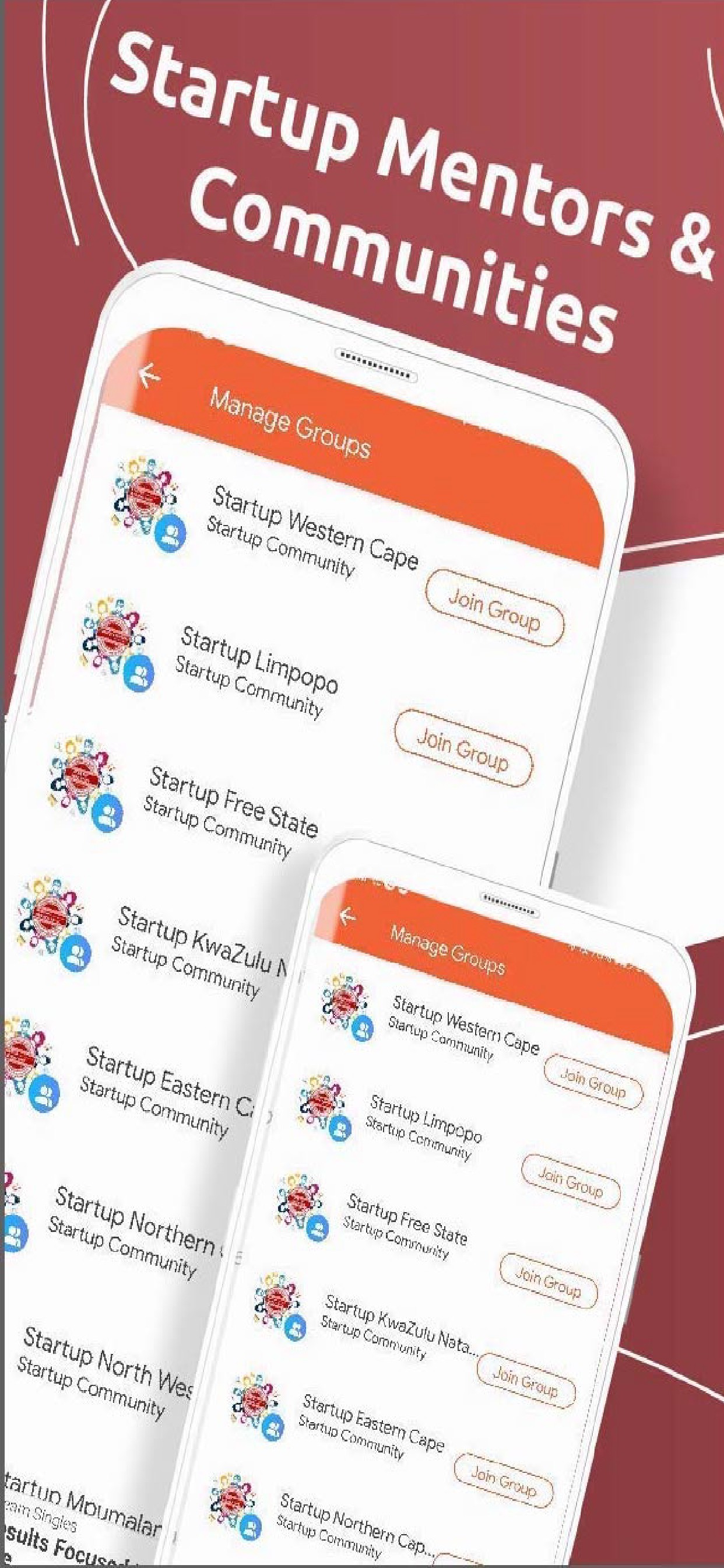




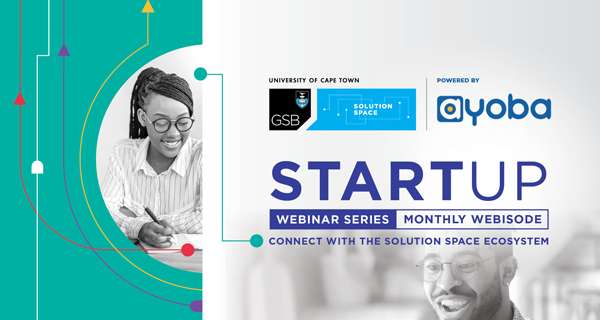
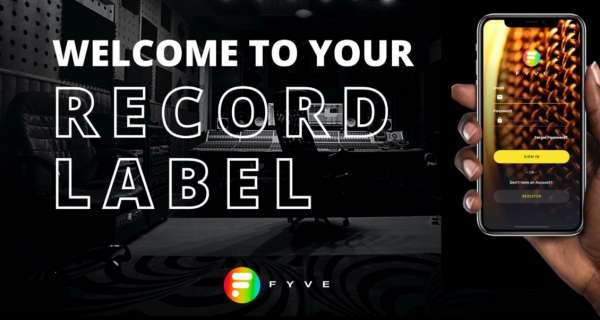




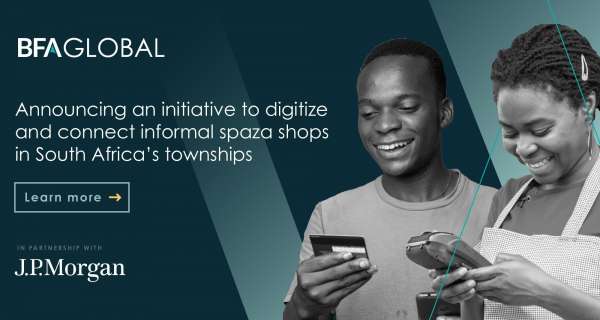
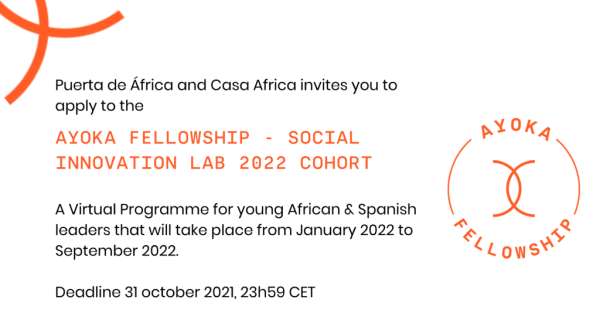






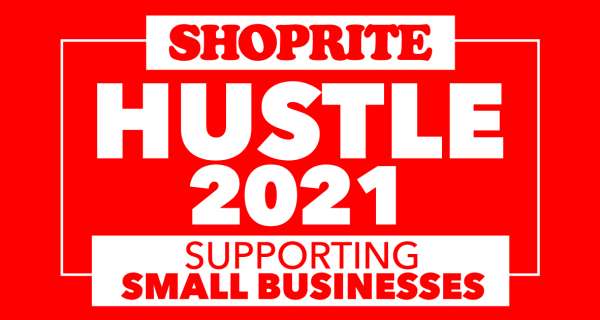






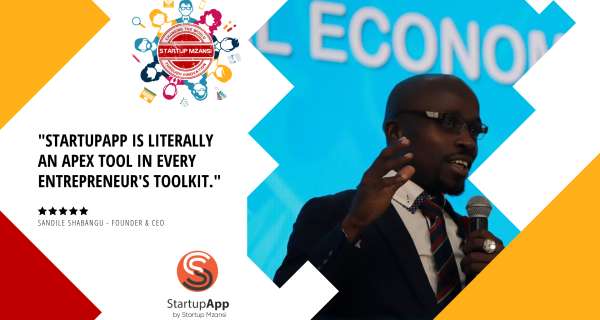

0 Comments